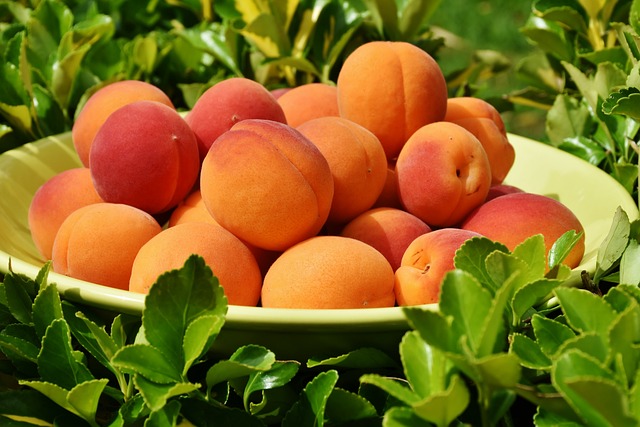When you hear the word “bacteria,” do you automatically think of something harmful? It’s understandable – after all, we’ve been taught from a young age to wash our hands and keep our homes and bodies as clean as possible. However, not all bacteria are bad – in fact, some are essential for maintaining our health. These helpful bacteria are known as probiotics, and they can be found in a variety of foods.
Probiotics are especially important for promoting healthy gut bacteria, which can lead to improved digestion, a stronger immune system, and even better mental health. With that in mind, here are the top 5 probiotic foods you should be eating every day.
1. Yogurt
Yogurt is one of the most well-known probiotic foods, and for good reason. Made by fermenting milk with friendly bacteria, yogurt is a great source of probiotics that can help balance the bacteria in your gut. Just be sure to look for yogurts that contain live, active cultures. Greek yogurt is a particularly good option, as it tends to have more protein and fewer carbohydrates than regular yogurt.
2. Kefir
Kefir is a fermented drink that’s similar to yogurt. It’s made by adding kefir grains (which contain a mixture of bacteria and yeast) to milk, and then allowing the mixture to ferment for a day or two. Like yogurt, kefir is a great source of healthy probiotics. In fact, some studies have found that kefir may be even more effective at improving gut health than yogurt.
3. Sauerkraut
If you’re a fan of fermented foods, sauerkraut is a must-try. Made by fermenting cabbage with lactic acid bacteria, sauerkraut is an excellent source of probiotics. Plus, it’s low in calories and high in fiber, making it a great addition to a healthy diet. Keep in mind that many store-bought sauerkrauts are pasteurized, which can kill off the beneficial bacteria. If you want the probiotic benefits, look for a sauerkraut that’s labeled as raw or unpasteurized.
4. Kimchi
Kimchi is a spicy Korean dish that’s made by fermenting vegetables (usually cabbage) with a mix of spices and seasonings. It’s similar to sauerkraut in that it’s high in probiotics and low in calories. Plus, it has a unique flavor that can add some variety to your diet. Just like sauerkraut, it’s important to look for a raw or unpasteurized version if you want the probiotic benefits.
5. Tempeh
Tempeh is a type of fermented soybean cake that’s popular in vegetarian and vegan diets. It’s made by adding a specific strain of bacteria to cooked soybeans, which then ferment over a day or two. The result is a dense, slightly nutty-tasting cake that’s high in protein, fiber, and probiotics. Tempeh can be sliced and used in sandwiches or stir-fries, or crumbled and used as a meat substitute in tacos or chili.
Adding these probiotic foods to your diet can have a variety of health benefits, but keep in mind that you don’t need to eat them every day to see results. Simply adding one or two to your meal plan can help promote a healthier gut and overall improved health.







